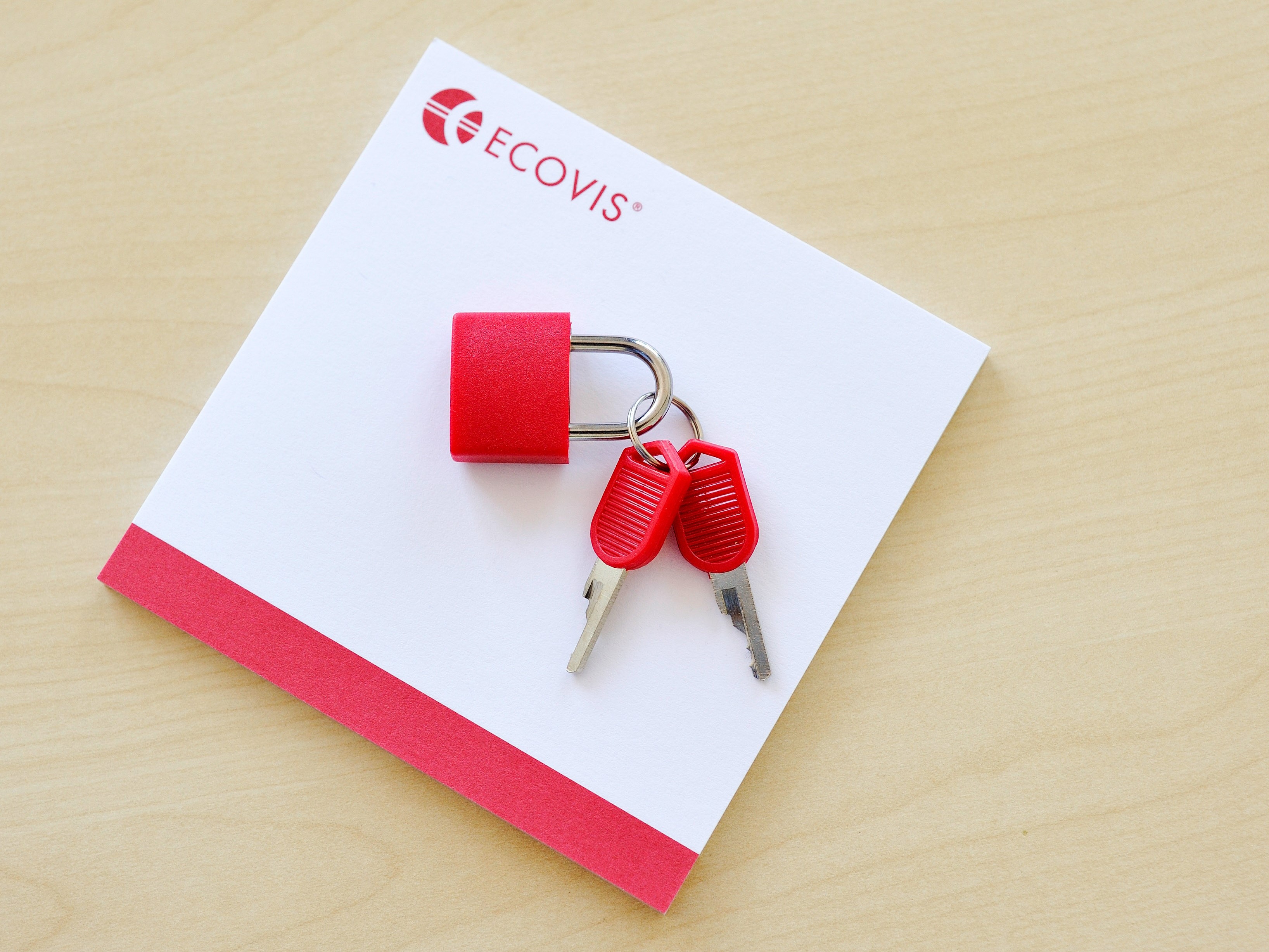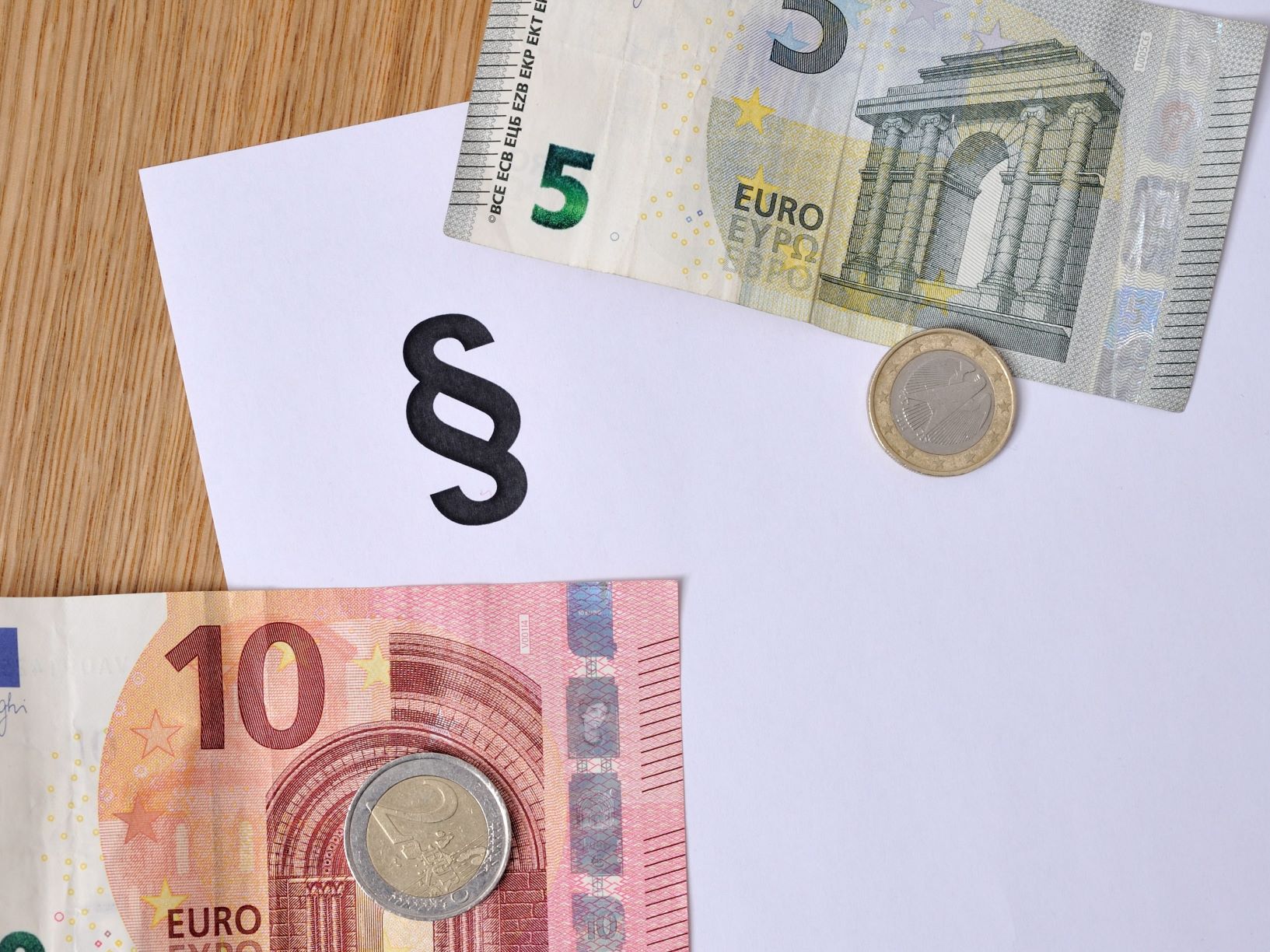Legal Regulations and Conditions for Consumer Competitions
Consumer competitions are a popular marketing tool that allows companies to effectively reach customers and increase their engagement.
The legal regulations of these competitions have undergone significant changes in the Czech Republic in recent years, simplifying their organization and reducing administrative burdens. This article aims to introduce the current legal regulations of consumer competitions and provide practical advice for their proper organization.
Historical Development and Current Legislation of Consumer Competition Conditions
Until the end of 2016, consumer competitions were regulated by the Lottery and Similar Games Act (Act No. 202/1990 Coll., on Lotteries and Similar Games). However, from January 1, 2017, the Act No. 186/2016 Coll., on Gambling (hereinafter referred to as the "Gambling Act") came into force, bringing significant changes. One of the most notable changes was the exclusion of consumer competitions from the category of gambling, meaning that it is no longer necessary to limit the amount of winnings to 20,000 CZK per individual win or 200,000 CZK annually and registration with the Financial Office is no longer required.
However, the condition remains that no form of deposit from participants is required to enter the competition, otherwise, it would again be considered a gambling game according to § 3 para. 1 of the Gambling Act. Consumer competitions are now regulated by the Act No. 634/1992 Coll., on Consumer Protection (hereinafter referred to as the "Consumer Protection Act"), which considers them a business practice. This law states that business practices must not be unfair or misleading.
Distinguishing Consumer Competitions from Gambling
§ 3 para. 1 of the Gambling Act states: "A gambling game is understood to be a game, bet, or draw into which the bettor places a bet whose return is not guaranteed, and in which the outcome of winning or losing is determined wholly or partly by chance or an unknown circumstance.".
It follows that for a consumer competition to be considered gambling, it must cumulatively meet two conditions:
- the placement of a bet with an unsecured return;
- the determination of the outcome based on chance or an unknown circumstance.
The key factor is whether the competition participant places a bet. According to § 4 para. d) point 1 of the Gambling Act, a bet does not include the purchase of goods sold at the usual price. However, if the price is significantly higher than usual, it may be considered a bet. According to § 4 para. d) point 2 of the Gambling Act, any amount exceeding the cost of a call or message according to the agreement between the gambling participant and the service provider will be considered a bet.
The randomness in determining the winner is the second important aspect. If the competition involves a random draw or other mechanism where chance plays a role, it may be considered gambling.
One significant decision in this area is the case analyzed in the ruling of the Supreme Administrative Court dated December 10, 2020, file no. 1 As 255/2020-72, no. 4136/2021 Coll. NSS. The Supreme Administrative Court decided that gambling differs from a competition in that it is conducted with the aim of making a profit, not just to support another business activity like consumer competitions. The Supreme Administrative Court stated that the social harm of such competitions is low, and therefore they cannot be compared to classic gambling. This conclusion was made in relation to the now ineffective § 1 para. 2 of Act No. 202/1990 Coll., on Lotteries and Similar Games, but the court also considered the current Gambling Act and its explanatory report, indicating that these conclusions can be applied to current legislation.
Conditions for Organizing Consumer Competitions
Competition Rules
The competition rules form the basic document that determines the course of the entire competition. It is important that the rules are written clearly and transparently and that they are publicly accessible during the competition, for example, on websites or social networks. The rules should include:
- conditions for participation in the competition;
- the method of selecting the winner;
- specification of prizes and their delivery;
- conditions for the exclusion of participants;
- principles for the protection of participants' personal data in accordance with GDPR.
Competition Rules and Consumer Protection
Consumer competitions must not discriminate against any groups of consumers based on gender, nationality, or other discriminatory criteria. It is important to ensure the transparency and fairness of the competition. The rules must not exclude certain groups of consumers without obvious reasons, for example, men or citizens based on their nationality, as this could constitute consumer discrimination, in accordance with the prohibitions contained in the Act No. 198/2009 Coll., on Equal Treatment and Legal Means of Protection Against Discrimination and on Amendments to Certain Acts (Anti-Discrimination Act) (hereinafter referred to as the "Anti-Discrimination Act").
Unfair and Misleading Business Practices in Consumer Competitions
The Consumer Protection Act in § 4, § 5, and § 5a, defines business practices that must not be unfair or misleading. Unfair business practices are those that are contrary to the requirements of professional care and significantly disrupt or are likely to significantly disrupt the economic behavior of the consumer. Misleading practices include both misleading actions (providing incorrect information) and omissions (not providing important information).
In the case of consumer competitions, a misleading business practice could occur, for example, if promised prizes are not paid out, the competition rules are not followed, or if the organizer did not intend to actually award the prize. It would also be considered a misleading practice if the organizer manipulated who wins, for example, by fraud during the draw.
Exclusion of Employees and Family Members in Consumer Competitions
To ensure the fairness of the competition, it is appropriate to exclude persons who are in an employment or similar relationship with the organizer of the competition and their closest family members.
Specification of Prizes in Consumer Competitions
It is necessary to precisely define the prizes and the method of their delivery. For smaller prizes, postal delivery may be suitable, while more valuable prizes should be delivered in person, which can also be used for promotional purposes, but only with the winner's consent.
Taxes on Prizes in Consumer Competitions
Winnings in excess of CZK 50,000 are subject to taxation pursuant to Section 10(3)(a) of Act No. 586/1992 Coll. on Income Taxes, as amended, at a special tax rate of 15% pursuant to Section 36(2)(i) of Act No. 586/1992 Coll. on Income Taxes, as amended. This obligation should be mentioned in the competition conditions and participants should be informed about it, although the tax is withheld and paid by the person giving the prize, i.e., the competition organizer.
International Aspect of Consumer Competitions
If the competition takes place outside the Czech Republic, it is important to adjust the competition conditions to comply with the legislation of the respective countries. In some countries, registration of consumer competitions with local authorities may still be necessary.
Protection of Personal Data (GDPR) in Consumer Competitions
In accordance with the General Data Protection Regulation (GDPR), it is necessary to ensure that the personal data of competition participants are processed legally and securely. This includes several key steps:
- Obtaining consent: Before involving participants in the competition, their explicit consent to the processing of personal data must be obtained. This consent should be voluntary, informed, and unambiguous.
- Informing participants: Participants must be informed in advance about what data will be processed, for what purpose, how long it will be kept, and who will have access to it.
- Data security: Personal data must be protected against unauthorized access, loss, or misuse. This includes technical and organizational measures to secure the data.
- Data subject rights: Participants have the right to request access to their personal data, their correction, deletion, or restriction of processing. They must also be informed of their right to lodge a complaint with the supervisory authority.
An important aspect is also the transparency of personal data processing. This means that the competition rules should clearly and understandably explain how the participants' personal data will be used. In case of a breach of these obligations, high fines from supervisory authorities, especially the Office for Personal Data Protection, may be imposed.
Legal Framework for Competitions on Social Networks
Competitions organized on social networks must comply with the rules of the respective platform. For example, Instagram has specific rules for competitions that must be followed. Therefore, it is necessary to familiarize oneself with these rules and ensure that the competition complies with the terms of use of the respective platform.
Simplification of Consumer Competitions
Organizing consumer competitions is now easier thanks to simplified legislation brought by the Gambling Act of 2017. However, it is important to comply with all the rules and conditions set by the Consumer Protection Act and to ensure the fairness and transparency of the competitions. Properly written rules and adherence to legislative requirements are key to the successful and legal organization of consumer competitions.
For more information on the legal aspects of consumer competitions, you can contact our law firm, where we will be happy to provide detailed legal advice and assistance with the preparation of competition conditions.
For more information, please do not hesitate to contact us at:
ECOVIS ježek, advokátní kancelář s.r.o.
Betlémské nám. 6
110 00 Praha 1
e-mail: mojmir.jezek@ecovislegal.cz
www.ecovislegal.cz
O ECOVIS ježek, advokátní kancelář s.r.o.
The Czech law firm ECOVIS ježek focuses its practice primarily on commercial law, real estate law, litigation, but also finance and banking law and provides full-service advice in all areas, creating an alternative for clients of international law firms. The international dimension of the services provided is ensured by the experience gained to date and through cooperation with leading law firms in most European countries, the USA and other jurisdictions within the network ECOVIS operating in 75 countries around the world. ECOVIS ježek team members have many years of experience from leading international law and tax firms in providing legal advice to multinational corporations, large Czech companies, as well as medium-sized companies and individual clients. For more information please visit www.ecovislegal.cz.














